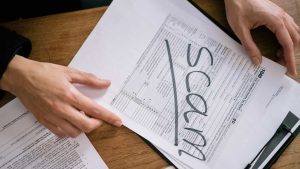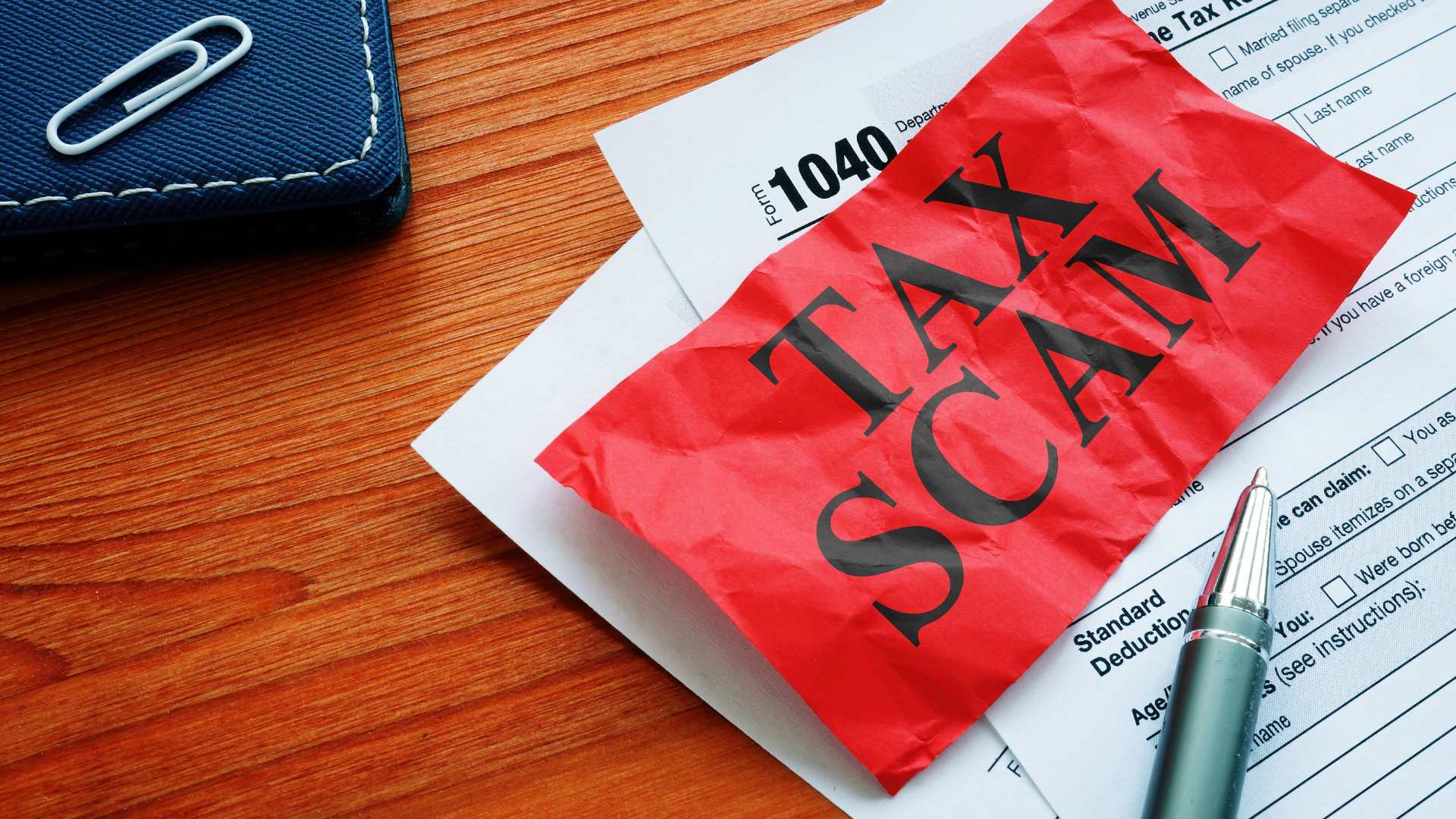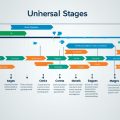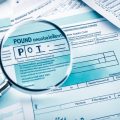Last Updated on: 5th December 2024, 05:45 am
Are you aware of the growing threat of Self Assessment scams as the 2025 HMRC deadline approaches? Thousands of taxpayers fall victim to sophisticated fraud schemes that mimic official communications from HMRC each year.
Between November 2023 and October 2024 alone, HMRC received over 144,000 scam referrals, a staggering 16.7% increase compared to the previous year. Taxpayers must remain more vigilant than ever as the 31 January 2025 filing deadline approaches.
These scams exploit urgency and confusion, leaving unsuspecting individuals vulnerable to identity theft and financial losses. But how do these scams work? What can you do to protect yourself? And how is HMRC helping to combat this issue?
In this blog, we’ll answer these crucial questions, explore scammers’ tactics, and provide actionable tips to safeguard your information. By understanding the risks and warning signs, you can stay one step ahead of fraudsters and keep your finances secure.
What Are Self Assessment Scams?

Self Assessment scams are fraudulent attempts to deceive taxpayers in the UK into sharing personal or financial information by impersonating HMRC.
These scams exploit the Self Assessment process, which involves direct interaction between taxpayers and HMRC, making it easier for fraudsters to mimic legitimate communications.
Key features of these scams include:
- Impersonation of HMRC: Fraudsters pose as HMRC officials via emails, text messages, or phone calls.
- Fake Refund Offers: Victims are lured with promises of tax refunds or discounts in exchange for sensitive bank details.
- Threatening Messages: Scammers use intimidation, warning of fines or legal action to pressure immediate payment.
These scams often appear authentic, using official logos and professional language. Taxpayers are urged to remain cautious and verify unsolicited communications, especially those requesting payments or personal details. HMRC advises never to act on such messages without proper verification.
How Do Self Assessment Scams Work?

Self Assessment scams deceive taxpayers into sharing sensitive information or making unauthorised payments by impersonating HMRC. These scams exploit fear and urgency, pressuring victims to act quickly without verifying the legitimacy of the communication.
Common tactics used by scammers include:
- Phishing Emails: Fraudulent emails that mimic HMRC, often containing links to fake websites where victims are asked to log in or provide personal details.
- Fake Phone Calls: Fraudsters impersonate HMRC agents, claiming unpaid taxes or legal threats to coerce immediate payment or disclose bank details.
- Text Message Scams: SMS messages containing links to fake refund claim forms designed to harvest personal information.
- Social Media Fraud: Scammers use platforms like Facebook or Twitter, posing as HMRC or financial advisors, to target taxpayers.
Scams are particularly prevalent near tax deadlines, exploiting taxpayers’ interactions with HMRC. To avoid falling victim, verify all communications independently and never click on suspicious links or provide personal details without confirmation.
What Are the Warning Signs of HMRC Scams?

Spotting the warning signs of HMRC scams is vital to safeguarding your personal and financial information. Fraudsters often create convincing messages, but these common indicators can help identify a scam:
- Unexpected Contact: HMRC rarely makes unsolicited requests for sensitive information or payments. Be cautious of unexpected calls, emails, or texts.
- Urgent Demands: Scammers use pressure tactics, claiming immediate action is needed to avoid penalties or legal consequences.
- Unusual Payment Methods: HMRC will never request payment via gift cards, cryptocurrency, or direct bank transfers.
- Spelling and Grammar Errors: Official communications are typically free from errors; awkward phrasing or mistakes can signal a scam.
- Suspicious Links or Attachments: Be wary of links redirecting to unfamiliar websites or downloading files.
Authentic HMRC messages will never:
- Request PINs, passwords, or full bank details.
- Threaten arrest or immediate legal action.
- Contact you through social media or WhatsApp.
Always verify communications with HMRC through official channels before responding if in doubt.
Why Are These Scams More Prevalent Around the Deadline?

Self Assessment scams peak as the tax filing deadline approaches, exploiting the urgency and confusion surrounding this time. Fraudsters take advantage of increased taxpayer interaction with HMRC, making it easier to deceive individuals.
Key reasons for the rise in scams include:
- Urgency and Pressure: The looming deadline often prompts rushed responses to fraudulent messages.
- Increased HMRC Communication: Genuine HMRC reminders create a backdrop for scammers to send convincing fake messages.
- Taxpayer Confusion: Many individuals unfamiliar with the Self Assessment process may mistake scams for legitimate communication.
- High Transaction Volume: End-of-year financial dealings, such as tax payments and refunds, provide more opportunities for impersonation.
Recent HMRC data shows over 144,000 scam referrals between November 2023 and October 2024, a 16.7% rise compared to the previous year. Fraudulent emails promising refunds or texts threatening penalties often exploit time pressure.
To avoid falling victim, verify all communications directly with HMRC before sharing information or making payments.
How Can You Protect Yourself From Tax Scams?

Protecting yourself from Self Assessment scams requires vigilance and proactive measures. Fraudsters exploit taxpayers’ urgency and lack of awareness, but staying informed and cautious can significantly reduce your risk.
Practical tips to safeguard yourself include:
- Verify the Source: Confirm emails or messages claiming to be from HMRC come from official domains like hmrc.gov.uk.
- Avoid Suspicious Links: Never click on unexpected links or attachments; visit HMRC’s official website directly.
- Protect Personal Information: HMRC will not request sensitive details like passwords or full bank information via email, text, or phone.
- Enable Two-Factor Authentication: Strengthen the security of your online accounts to prevent unauthorised access.
- Monitor Accounts: Regularly review your bank and tax accounts for unauthorised activity or irregularities.
Additional resources for added security include:
HMRC’s scam alert tools and legitimate communication channels. Sign up for HMRC’s official updates to differentiate between authentic and fraudulent messages.
You can effectively safeguard yourself from tax scams by staying vigilant, questioning unexpected requests, and reporting suspicious activity to HMRC.
What Should You Do if You Suspect a Scam?

If you suspect you’ve been targeted by a Self Assessment tax scam, taking prompt action is essential to protect your personal and financial information.
Here’s what to do:
- Do Not Engage: Avoid responding to suspicious emails, calls, or texts. Never share personal or financial details.
- Verify the Source: Contact HMRC directly using their official website or helplines to confirm if the communication is genuine.
- Report the Incident:
- Forward suspicious emails to phishing@hmrc.gov.uk.
- Send scam texts to HMRC at 60599.
- Report fraudulent calls to Action Fraud or HMRC.
- Check Your Accounts: Review bank and online accounts for unauthorised activity and alert your bank if you notice anything unusual.
- Update Security: If you’ve clicked on links or shared details, change your passwords and enable two-factor authentication.
Who to Contact?
- Action Fraud: Call 0300 123 2040 or visit their website.
- HMRC Customer Support: Reach them via official channels listed on their website.
How Does HMRC Handle Self Assessment Scams?

HMRC actively combats Self Assessment scams through a series of measures aimed at protecting taxpayers and dismantling fraudulent activities.
- Scam Alerts: HMRC regularly updates its website with details of current scams, including examples of phishing emails and fraudulent texts, helping taxpayers identify suspicious communications.
- Collaboration With Authorities: HMRC works with law enforcement and cybersecurity experts to shut down scam operations, prosecute offenders, and remove fake websites.
- Educational Campaigns: Through public awareness efforts, including press releases and social media posts, HMRC provides guidance on recognising and avoiding scams.
These initiatives have led to removing thousands of phishing sites, reducing the success rate of scams. However, taxpayers must stay vigilant and report suspicious activity to aid in HMRC’s fight against fraud.
What Are the Legal Consequences for Scammers?

Scammers involved in Self Assessment fraud face severe legal consequences under UK law aimed at deterring fraudulent activities and protecting taxpayers.
- Imprisonment: Convictions for tax fraud can result in substantial prison sentences, reflecting the severity of the crime.
- Fines and Asset Confiscation: Fraudsters may face significant fines and have their assets seized under the Proceeds of Crime Act (POCA).
- Restrictive Orders: Courts can impose orders preventing offenders from engaging in similar scams in the future.
HMRC plays a key role in prosecuting fraudsters, collaborating with law enforcement to gather evidence and bring cases to trial. Successful prosecutions are often publicised to deter others.
HMRC works with international agencies for cross-border scams, sharing intelligence and coordinating efforts to dismantle global fraud networks.
In some cases, offenders are extradited to face charges in the UK. These robust measures reinforce HMRC’s commitment to safeguarding taxpayers.
Conclusion
FAQs About Self Assessment Scams
How can I tell if an email or text from HMRC is genuine?
Legitimate HMRC communications will never ask for sensitive information like your PIN, password, or full bank details via email or text. Always verify suspicious messages by contacting HMRC directly through their official website or helpline.
What should I do if I accidentally click on a suspicious link?
If you’ve clicked on a scam link, avoid entering any details. Immediately update your passwords for relevant accounts, enable two-factor authentication, and check your bank accounts for unauthorized activity. Report the incident to HMRC and Action Fraud.
Can HMRC call me about unpaid taxes?
HMRC may call about unpaid taxes, but they will never pressure you to pay immediately or threaten you with arrest. If you’re unsure about the call’s legitimacy, hang up and contact HMRC directly using the numbers on their official website.
What happens if I ignore a scam message?
Ignoring a scam message is often the best course of action. Do not reply, click on links, or provide information. Forward the message to HMRC at phishing@hmrc.gov.uk or send scam texts to 60599.
Are Self Assessment scams only online?
No, scams can occur through phone calls, texts, emails, and even traditional mail. Fraudsters may also use social media to impersonate HMRC or other trusted organizations.
What should I do if I’ve already shared my details with a scammer?
Act quickly to minimize the impact. Notify your bank to secure your accounts, change your passwords, and report the incident to HMRC and Action Fraud. HMRC can guide you on additional steps to protect yourself.
Is HMRC doing enough to prevent these scams?
HMRC has implemented extensive measures, including scam alerts, public awareness campaigns, and collaboration with law enforcement. However, staying vigilant and informed remains the taxpayer’s responsibility.




















No Comments
Leave a comment Cancel